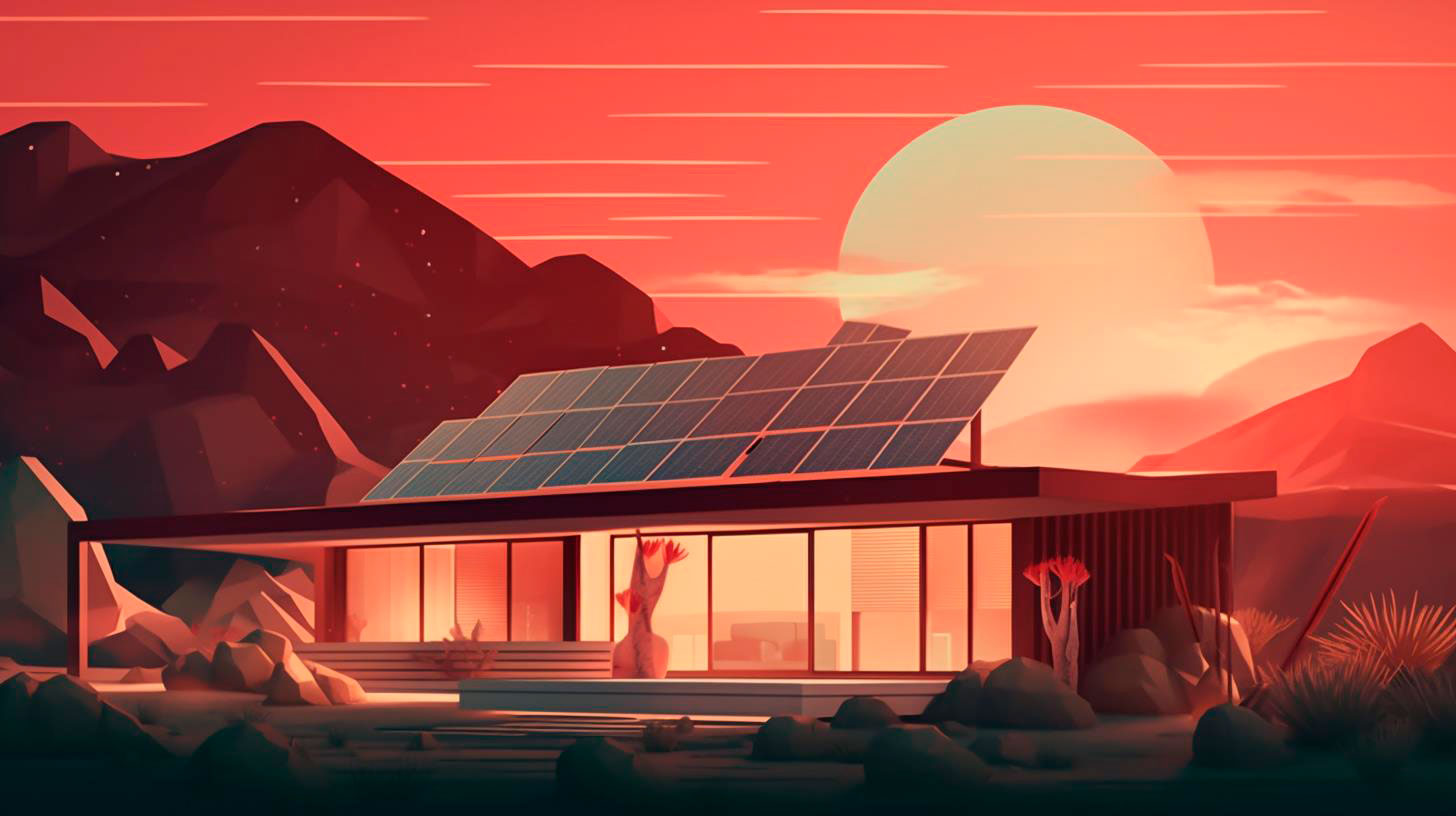Solar-Powered Irrigation: Balancing Water Access and Conservation
Harnessing the power of the sun, these systems offer a promising approach to balance water access and conservation in agricultural practices.
The Power of Solar-Powered Irrigation
Solar-powered irrigation involves the use of solar energy to drive water pumps or operate irrigation systems. This eco-friendly technology offers several notable advantages:
- Reduced Energy Costs: Solar energy is a renewable resource, eliminating the need for costly fossil fuels or grid connection.
- Environmental Sustainability: Solar power is a clean energy source, producing no greenhouse gas emissions or air pollution.
- Improved Water Efficiency: Solar-powered irrigation systems can be programmed to deliver water precisely when and where crops need it, minimizing water wastage.
- Improved Crop Yields: By providing a consistent and reliable water supply, solar-powered irrigation can enhance crop productivity and food security.
- Financial Viability: Solar technology has witnessed significant advancements, resulting in lower installation and maintenance costs over time.
The Role of Solar-Powered Irrigation in Water Conservation
Water scarcity is a pressing issue worldwide, particularly in regions heavily dependent on agriculture. Solar-powered irrigation offers a sustainable solution to address these challenges:
- Reduced Water Usage: Solar-powered irrigation systems can minimize water consumption by providing water directly to the roots of plants, reducing evaporation and runoff.
- Adaptability to Water-Scarce Areas: Solar-powered irrigation can be deployed in remote regions where traditional irrigation systems are limited by the lack of electricity or water resources.
- Drought Resilience: Solar-powered irrigation systems can help farmers combat the effects of drought by providing a consistent and reliable water supply to their crops.
- Fewer Water Conflicts: By utilizing solar energy, farmers can rely less on shared water sources, reducing the potential for conflicts over water rights.
Key Takeaways
Solar-powered irrigation systems have the potential to revolutionize agricultural practices and contribute to water conservation efforts. Here are some key takeaways:
- Solar-powered irrigation systems reduce energy costs and environmental impact.
- These systems enable precise water delivery, improving efficiency and crop yields.
- Solar-powered irrigation is financially viable and offers long-term benefits.
- These systems play a crucial role in water conservation and promoting sustainable farming practices.
- By supporting solar-powered irrigation, we can achieve a balance between water access and conservation in agriculture.
To learn more about solar-powered irrigation systems and their benefits, visit USDA, a reliable source for agricultural information and initiatives.
